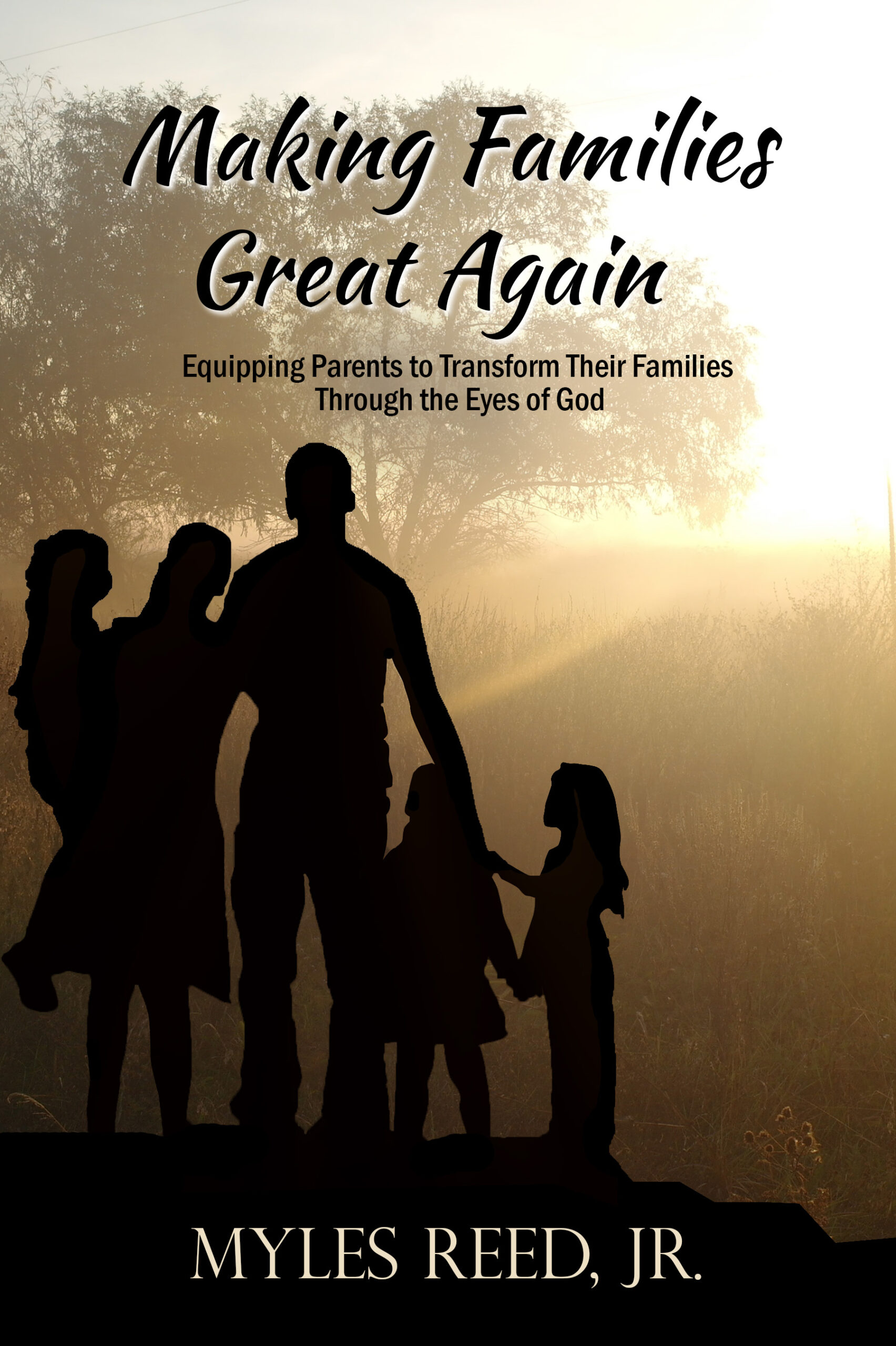Present tense is difficult to write. Even the highly skilled can easily drift into past-tense storytelling in which the immediacy of the present moment is lost. A similar problem exists with past-tense storytelling, in which writers use the past-perfect “had” to reveal something that took place earlier. No matter whether you’re writing your story in present or past tense, as much as possible you want to make everything happen in the present moment.
Great words from The Girl on the Train by Paula Hawkins:
I don’t have an umbrella and am soaked through; I feel as though someone has thrown a bucket of water over me. My cotton trousers cling to my thighs and my faded blue shirt has become embarrassingly transparent. I ran all the way from the library to the tube station with my handbag clutched against my chest to hide what I could. For some reason I found this funny— there is something ridiculous about being caught in the rain— and I was laughing so hard by the time I got to the top of Gray’s Inn Road, I could barely breathe. I can’t remember the last time I laughed like that.
What we might see for an improved version:
With no umbrella, I’m soaked, as if a bucket of water has been poured over me. My cotton slacks cling to my thighs, and my faded blue shirt has become embarrassingly transparent. I run all the way from the library to the train station with my handbag clutched against my chest, trying to hide what I can. For some reason, I find this funny—there is something ridiculous about being caught in the rain—and I am laughing so hard by the time I get to the top of Gray’s Inn Road, I can barely breathe. I can’t remember the last time I laughed like this.
Logic for making improvements:
- “I don’t have an umbrella” is necessary telling, but we can give this information more quickly with the short prepositional phrase: “With no umbrella.”
- “Soaked through” is redundant, no different from the single word “soaked.”
- “I feel” is what we call an unnecessary “filter.” By avoiding “I feel” and going directly to “as if a bucket of water has been poured over me,” readers are moved from knowing someone else is soaked to feeling soaked themselves.
- As writers, we walk a tightrope in whether to use words that fit the scene but might not be understood by readers or to use words that don’t exactly fit the scene but will be readily understood. If we feel that understanding is more important, we should probably use “slacks” rather than “trousers.”
- Since we’re talking about rain, a bucket of water “poured” is probably than “thrown.”
- “I ran” is past tense, which loses the intensity of the present moment to tell something that has already happened. “I run” is better.
- “I could” needs the present tense “I can.”
- “I found this funny” should move to the present tense “I find this funny.”
- “I was laughing” is better in the present tense: “I am laughing.”
- In the present moment, “I got” and “I could” must change to “I get” and “I can.”
- Expressions like “she laughed” are cliché and should be replaced with something more descriptive. Ask what the laughter was like and then readers can relate to the one out of a hundred different types of laughter. Paula Hawkins’ description is excellent, except we want to change “was laughing” to the present tense “am laughing.”




 Character is a critical key to becoming a person of quality, and it starts in the home!
Character is a critical key to becoming a person of quality, and it starts in the home!
Nice job, Frank! It makes so much sense when you break it down.
I’m often impressed by the writing and doubt I could do much to improve it. And then as I look deeper and re-think the point of view, I find ways. In this process, I learn a lot, and I hope others do as well.